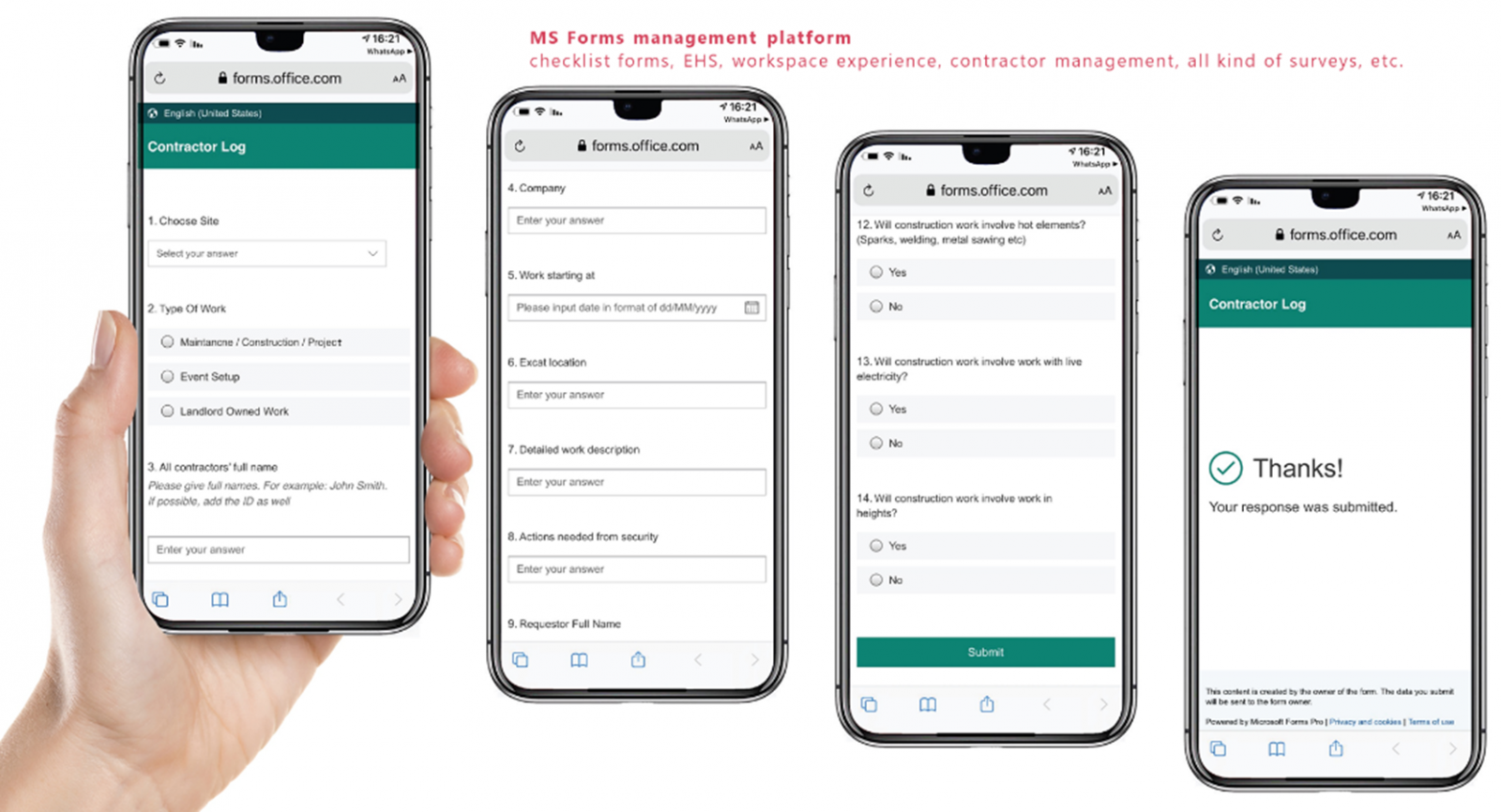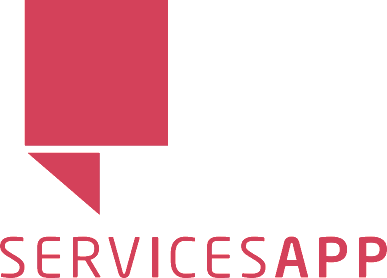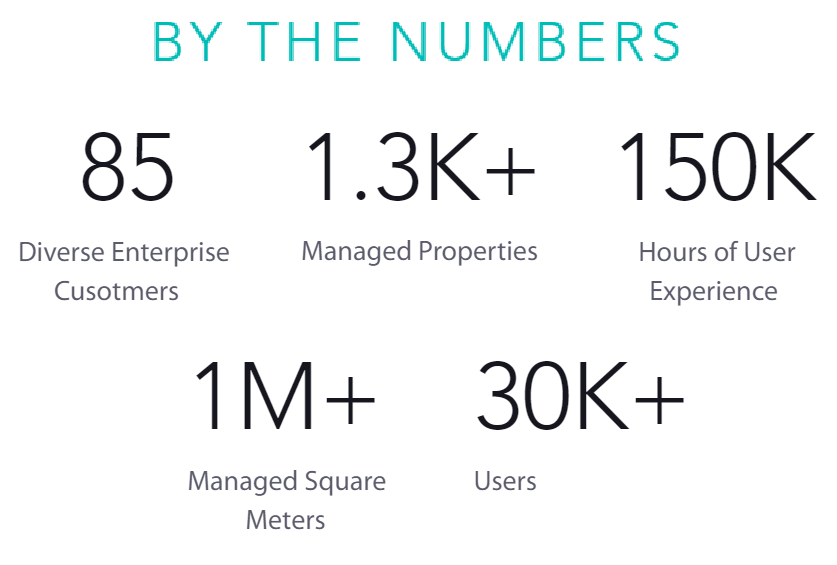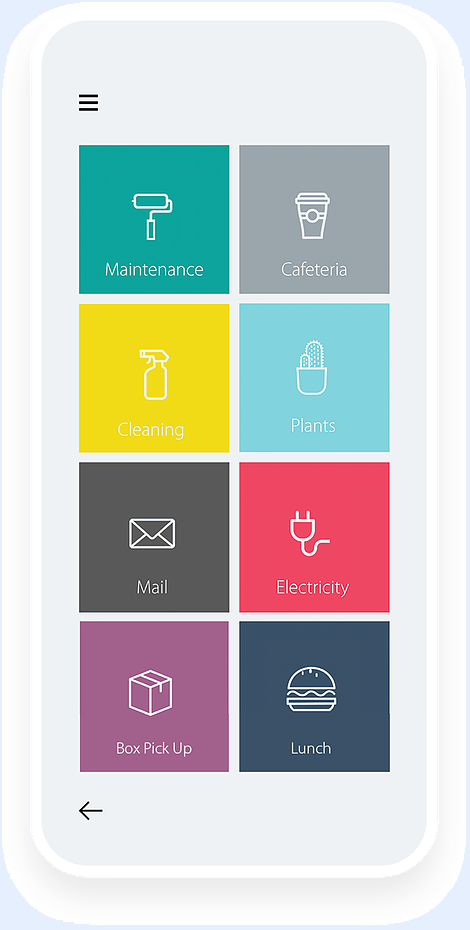IFM - Where Digitization and Personalization Meet

More than ever before, we’re now finding ourselves adapting to an ever-changing work environment based on the needs of our customers and employees.
We’re witnessing changes in processes which used to be characterized by frontal operations, gatherings, and the extensive use of paper. Suddenly, all those things changed due to the implications of COVID-19. For instance, schools are undergoing rapid digitization processes and adapting themselves to remote learning. Similarly, the field of facility management is finding itself in a new and updated environment. Many other fields and departments are also experiencing the same thing.
At the moment, the world of FM is undergoing two major changes: service personalization, and process digitization.
This means that we used to provide services based on sites, buildings, and the organization’s requirements. Today we’re adapting our services to the needs of the end-user instead; their location, their requirements, and their preferred digital language.
The preferred digital environment for our customers and service providers is evidently their mobile applications like Facebook and WhatsApp. This is clear by the way they choose to interact and request service.
ServicesApp is pioneering the solution to FM needs for our customers, so they can request and receive service directly through their already existing applications and social media platforms, such as Facebook, WhatsApp, Instagram, and more.
For instance, an employee can log a service request directly through their WhatsApp account, and receive fast and relevant responses from a friendly chat-bot who will direct them accordingly and provide a personalized customer service experience.
It’s important to note that by logging a service request via WhatsApp, the employee doesn’t disrupt the ongoing usage of ServicesApp’s mobile FM application. The requests are logged in an organized way and documented for later data analytics.
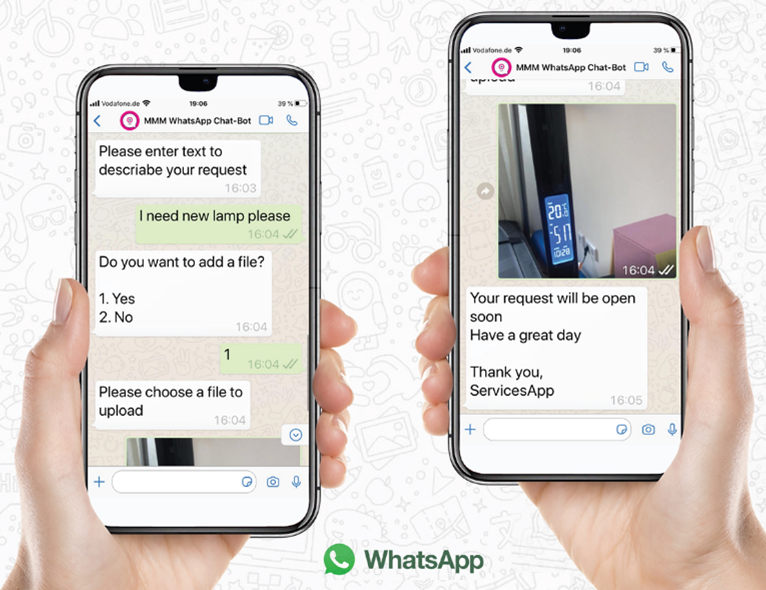
The WFH guidelines in many organizations have caused the needs of employees to change drastically, and in turn, the way they prefer to receive service has changed as well. Today, service requests via the application primarily consist of home-office related requests and remote support. As these changes happened over time, the employees also preference easier and more accessible ways to log their requests.
In addition, the adaptation and improvement of the user interface creates a service experience like no other for both users and service providers.
Of course, the transition to effective remote operations is demanding for many. For example, operations procedures which used to depend on reports, checklists, and paperwork are now undergoing digitization and transforming themselves using the paperless system. They’re being updated to fit the new online environment.
ServicesApp is leading in innovation in the field of process digitization on a global scale, and allows its users to conduct surveys, fill reports, and document activity (such as preventative and initiative maintenance). All of this is done digitally, without the need for excessive use of paper, which saves on costs and manpower. It also contributes to environmental preservation and takes the service experience to another level.
ServicesApp platform is based on Microsoft BI Online and is connected to the MS FORMS model.
IFM is rapidly adapting and innovating over the course of this new era. Digital platforms and social media applications are a massive part of that strategic adaptation.
